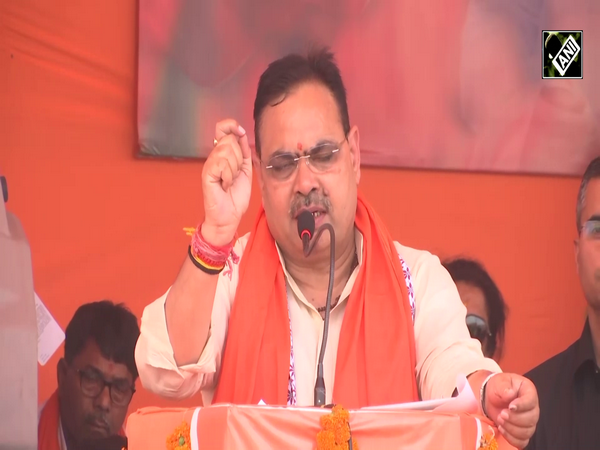30 pc tax on virtual digital assets will help regulate crypto, says Niti Ayog CEO Amitabh Kant
Feb 01, 2022

New Delhi [India], February 1 : India going to be the first country to implement a digital rupee and a high tax on digital currency to be beneficial for middle-class investors as it sees frequent fluctuations, says Amitabh Kant, CEO of Niti Ayog on Tuesday.
Speaking to ANI on Union Budget 2022-23, he said "The Reserve Bank of India (RBI) will implement a digital rupee this year and India going to be the first country to implement and regulate the digital rupee. The 30 per cent tax on virtual digital assets will help to regulate the crypto. The high tax is good as digital currency sees much fluctuation and the common man invest in it. The government will implement it with high taxes."
Speaking on Income Tax slab remained unchanged, he said that the middle class need to understand that the country needs growth, they have to move the country forward.
"As the country will prosper, the middle class will also make progress. And the country could only progress with infrastructure which means investment, growth and savings. The intention is growth and that of all classes in the society and this budget will do it," said Kant.
He further said that this budget looks at sunrise areas of growth because people always look at sunset areas of growth. India needs to go digital and green that is basically, what this budget pitches for.
It reduces the capital surcharge on capital gains tax to a flat 15 per cent. The budget pushes for clean electricity, the digital rupee and it pushes for a range of areas of growth that India need to progress in the coming decade, he added.
Union Finance Minister Nirmala Sitharaman announced on Tuesday that income from digital asset transfers will be taxed at a rate of 30 per cent. This move is seen as 'crypto tax'.
Presenting the Union Budget 2022-23 in the Lok Sabha, Sitharaman said gifts received in the form of cryptocurrencies will also be taxed at the same rate.
Cryptocurrencies gifts will be taxed at the receiver's end.
"I propose to provide that any income from transfer of any virtual digital asset shall be taxed at the rate of 30 per cent. No deduction in respect of any expenditure or allowance shall be allowed while computing such income, except the cost of acquisition," Sitharaman said.
The Finance Minister also announced that the Reserve Bank of India will issue a digital rupee in the next financial year.
















